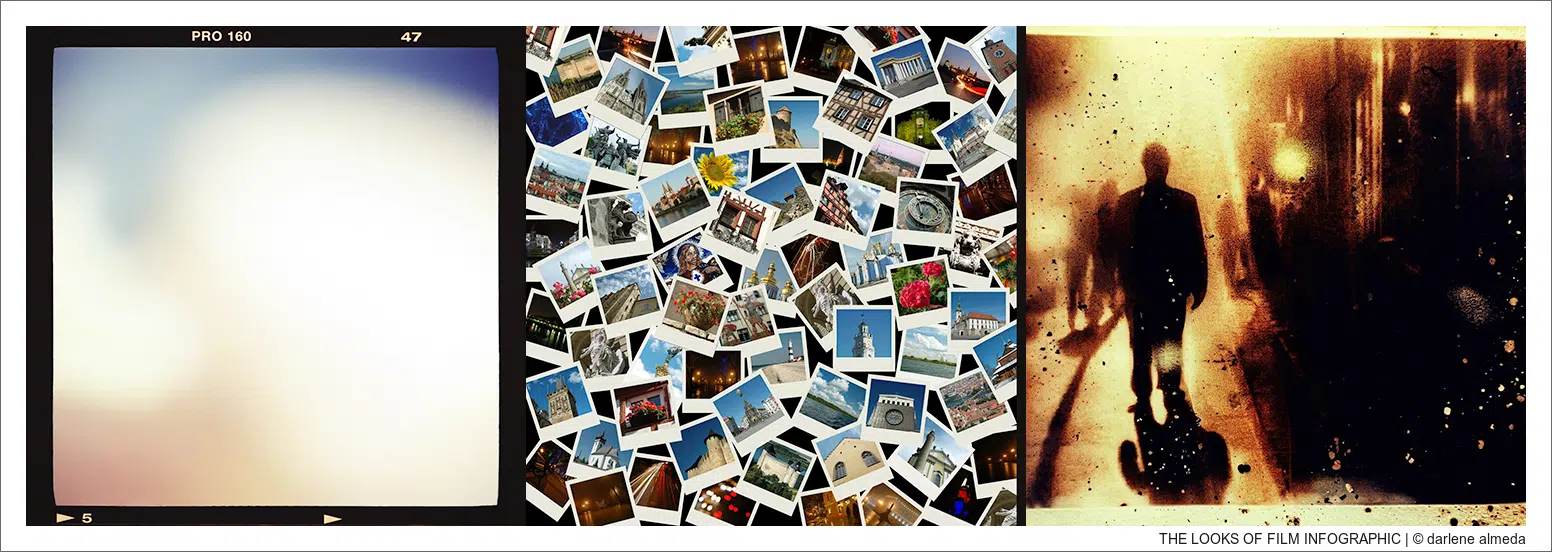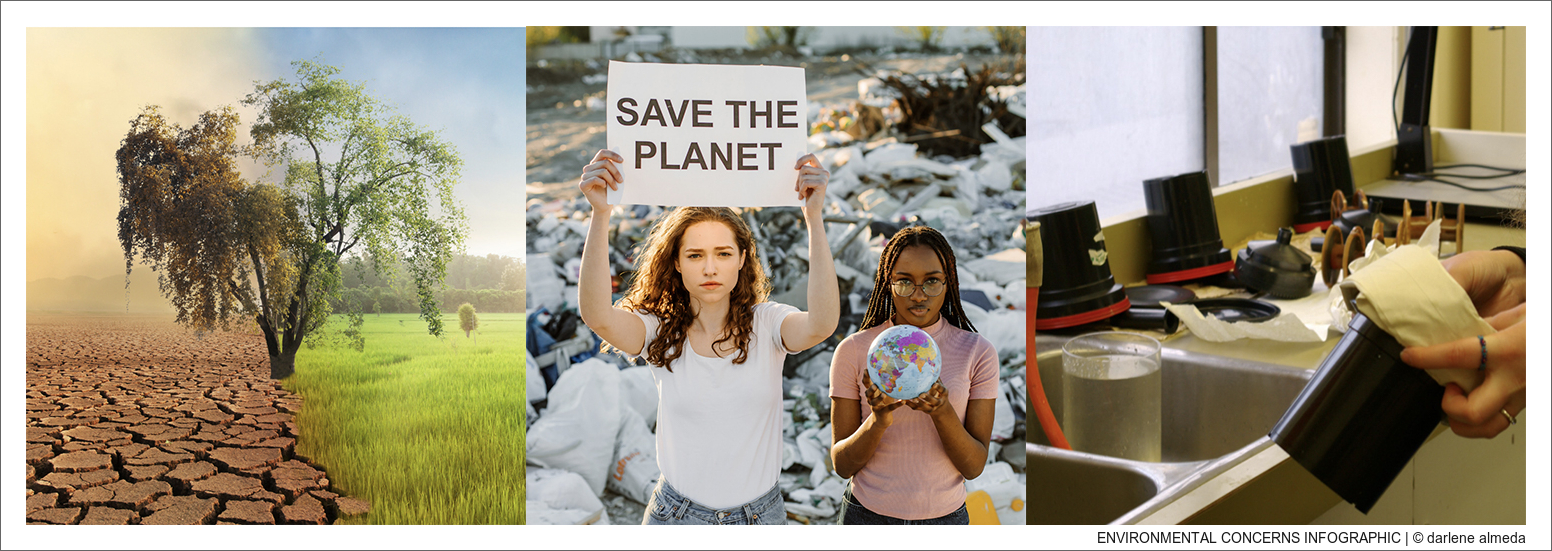
Introduction
Whether using film or digital photography, ethical considerations come into play. One must take responsibility beyond aesthetic considerations when capturing a moment on celluloid film because of its unique characteristics compared to digital photography. This responsibility is especially significant when the subject matter is sensitive or precarious, such as photographing protests, documenting poverty, or taking pictures of people in vulnerable situations. This article specifically delves into the ethical considerations that arise with film photography while acknowledging that digital photography has its own set of issues.

6×6 FILM TRANSPARENCY + INSTANT FILM SHOTS + VINTAGE FILM IMAGE
The Film Look
The art of film photography still holds its charm in the era of digital technology. Despite the advancements in digital technology, many people still seek the “film look.” Countless digital filters try to replicate the tonality, grain, and colors of film, but some purists argue that these filters cannot capture the complete nuances offered by film.

POVERTY, SUFFERING & CULTURAL SENSITIVITY DEPICTED
Objectification and Commodification
Pursuing the elusive film look can unintentionally glamorize or romanticize serious and often troubling subjects. This is particularly problematic when focusing on sensitive issues such as poverty, suffering, or cultural sensitivities. These images risk losing their original context and becoming aesthetic commodities. At the same time, the subjects captured may end up being objectified, appreciated more for their visual impact rather than their intrinsic human worth.

CAMERA ANGLE, FRAMING & CAPTURE MOMENT DEPICTED
The Power Dynamic
The act of photographing inherently carries with it a particular power dynamic. The photographer chooses the angle, the frame, and the moment, effectively shaping the viewer’s perception of the subject. When using film, the limited number of frames often makes each shot more thoughtful, but it also amplifies the responsibility to represent the subject ethically. Manipulating the framing or taking things out of context can have serious ethical consequences.

FILM CAMERA BACK + EXAMINING FILM AFTER PROCESSING + MODEL RELEASE
Informed Consent and Privacy
With digital photography, you can instantly review and delete photos, which is impossible with film. Since film photographers cannot immediately show or delete a photograph, they must be extra careful about what and how they capture, especially when it concerns people, as film photographs can have more lasting consequences and are less alterable; therefore, obtaining informed consent from subjects becomes even more critical.

ENVIRONMENTAL IMPACTS + LANDFILL CONCERNS + PROPER CHEMICAL DISPOSAL
Environmental Concerns
Film photographers exploring stunning natural landscapes and culturally significant areas is common. However, it’s crucial to consider the environmental impact of developing film with chemicals. When film is destroyed, it will end up in landfills as plastic or release harmful chemicals into the air when burned. This can lead to serious environmental concerns.

respect local customs and practices
Cultural Concerns
Additionally, it’s essential to respect local customs and practices since film photography produces permanent images that cannot be edited to fix cultural inaccuracies or insensitivities.

archiving, storing & preserving for future use
Archiving and Future Use
Unlike digital data, film negatives are physical objects that must be stored, cataloged, and safeguarded. Many photographers prefer film for its ability to be archived and for proof of artistic authenticity. Film cannot be easily encrypted or deleted like digital images, causing ethical concerns about their future use. When a film photograph, especially one of a sensitive nature, is archived, who has the right to control its narrative? This question becomes even more complicated when the photos become historical documents.

be a responsible chronicler of moments, cultures, and lives
Conclusion
Today, film photography is experiencing a resurgence, mainly due to its unique differences separate from digital photography. Nevertheless, one aspect that should always be considered is ethics. Due to the permanent nature of film, ethical considerations should be a crucial part of the photographic process rather than an afterthought. Whether you are a hobbyist or a professional, understanding the weight of your actions through the lens will make you a better photographer and a more responsible chronicler of moments, cultures, and lives.
